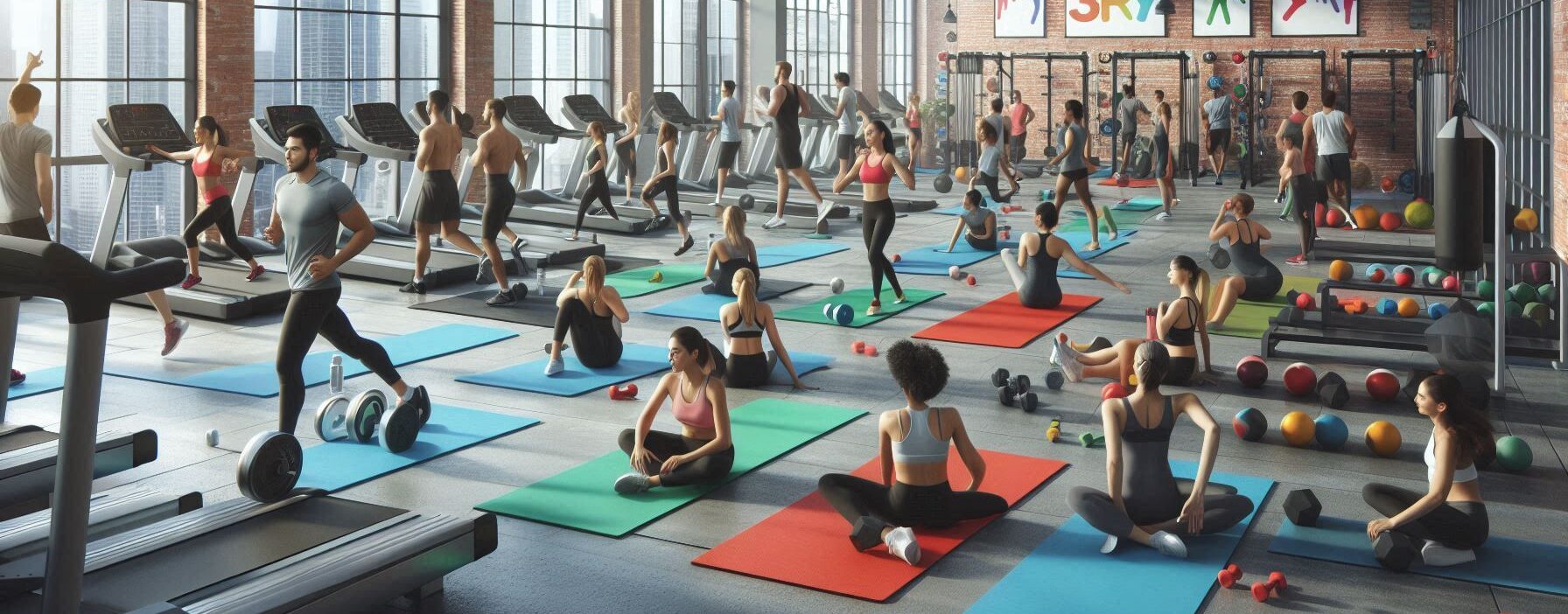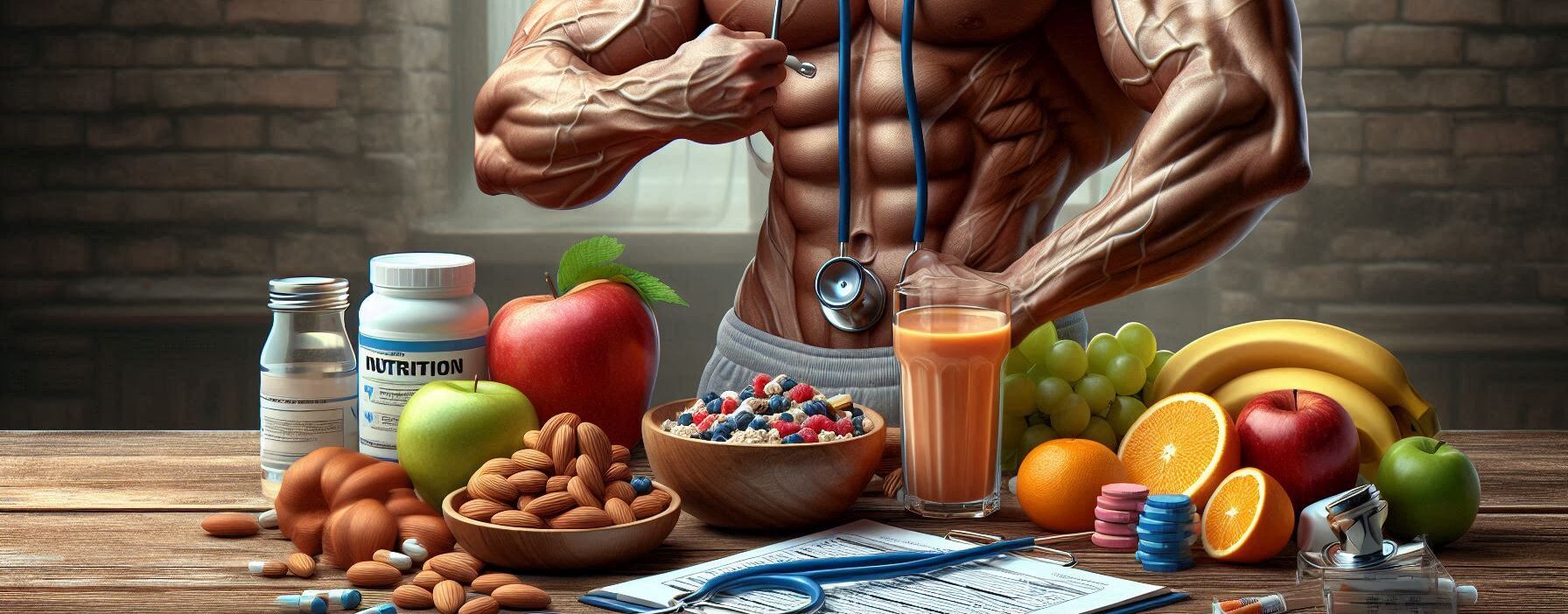
In the world of bodybuilding, there’s a common misconception that more is always better. You know, like how I think more cheese on pizza is always a good idea?
But let’s be real: just as you can’t survive solely on cheese (trust me, I’ve tried), your muscles can’t grow without rest and recovery.
If you’re lifting weights like a champ but skipping out on downtime, you might as well be trying to fill up a pool with a garden hose—it’s just not going to work. So, let’s dive into why rest is not only important but absolutely essential for building muscle.
Top Takeaways and Key Concepts
Allow 48 hours of rest per muscle group to repair micro-tears and support muscle growth.
Prioritize 7–9 hours of sleep nightly to boost growth hormone and improve recovery.
Use active recovery days like walking or light yoga to reduce soreness and improve circulation.
Refuel after workouts with protein and carbs to speed up muscle repair and restore energy.
Listen to your body and avoid overtraining to prevent fatigue, poor performance, and injury.
Summary of This Article
Please Note: This post may contain affiliate links. If you click one of them, we may receive a commission at no extra cost to you. As an Amazon Associate, I earn from qualifying purchases.
This article explains why rest and recovery are essential parts of building muscle and improving performance in bodybuilding. During workouts, muscles experience tiny tears that must be repaired through rest, especially within a 48-hour recovery window. Quality sleep is highlighted as a key recovery tool because it boosts growth hormone production. The article encourages active recovery days and emphasizes post-workout nutrition with protein, carbs, and hydration. Finally, it warns against overtraining and reminds readers that listening to their bodies and embracing rest leads to better long-term gains and healthier progress.
Shortcuts to Exercise Equipment Shopping at Amazon
Ellipticals - Exercise Bikes - Recumbent Bikes - Treadmills - Rowers
Dumbbells - Resistance Bands - Kettlebells - Benches - Pull-up Bars
Video Summary
Understanding Muscle Recovery
First off, let’s talk about what happens when you lift weights. When you’re pumping iron, tiny tears occur in your muscle fibers. No, this isn’t some sort of dramatic movie scene; it’s just part of the process! These micro-tears are crucial because they signal your body to repair itself stronger than before.
The Repair Process
When you rest, your body gets busy repairing those damaged fibers through a process called muscle protein synthesis.
This is where all the magic happens—your muscles rebuild bigger and stronger! Imagine if every time you broke something in your house, it magically fixed itself overnight while you slept (if only my coffee maker worked that way).
– Timing Is Everything: Ideally, muscles need around 48 hours to recover after an intense workout. So, if you’re doing bicep curls every day hoping for tree trunk arms, it might be time to rethink that strategy!
Sleep: Your Secret Weapon
Ah yes, sleep—the magical land where dreams come true and alarm clocks are merely suggestions. Getting enough quality sleep is vital for muscle recovery.
Why Sleep Matters
During deep sleep stages, your body releases growth hormone—a key player in muscle growth and repair. If you’ve ever woken up feeling like a zombie (and no one wants to resemble the undead), chances are you missed out on this crucial phase.
– Aim for 7-9 Hours: Most adults need between seven to nine hours of sleep each night. So forget counting sheep; instead, count the number of times you’ve hit snooze!
Sleep Hygiene Tips
Creating an optimal sleeping environment can make all the difference:
1. Dark Room: Make sure your bedroom is darker than a cave at midnight.
2. Cool Temperature: Keep it cool; nobody likes waking up in a sweat unless they’re working out.
3. Limit Screens: Try to avoid screens before bed because scrolling through social media doesn’t count as relaxation!
Active Recovery Days
Now let’s address active recovery days—the unsung heroes of bodybuilding routines! It sounds counterintuitive at first; why would resting involve moving? But hear me out.
What Is Active Recovery?
Active recovery means engaging in low-intensity activities that promote blood flow without stressing your muscles too much—think walking or light yoga instead of lounging on the couch binge-watching yet another series about people finding love while cooking gourmet meals.
– Benefits Galore: Active recovery helps reduce soreness and stiffness while keeping those muscles engaged gently. Plus, it’s an excellent excuse to wear stretchy pants outside the gym!
Nutrition’s Role in Recovery
You didn’t think we’d skip over nutrition now, did you? Eating right plays an integral role in how well—and how quickly—you recover from workouts.
Fueling Your Body Right
After exercising, it’s essential to replenish glycogen stores and provide protein for muscle repair:
– Post-Workout Snacks: A combination of carbs and protein within 30 minutes post-workout can do wonders! Think chocolate milk or Greek yogurt with fruit—delicious AND effective!
– Hydration Matters: Don’t forget about hydration! Water helps transport nutrients throughout your body so keep sipping—even if that means running back and forth to refill your water bottle during Netflix breaks!
Listening To Your Body
One of the best pieces of advice I ever received was simply this: listen to yourself! If you’re feeling fatigued or sore beyond reason (and not just “I did leg day” sore), it may be time for a break.
Recognizing Signs of Overtraining
Overtraining syndrome can sneak up on even seasoned lifters:
– Symptoms include chronic fatigue, decreased performance levels, irritability (ask my family!), and even insomnia.
– If you notice these signs creeping into your life like uninvited guests at Thanksgiving dinner—it’s time to take action!
Conclusion: Embrace Rest Like You Would Pizza
In conclusion (yes folks, we’re wrapping things up!), remember that rest and recovery aren’t signs of weakness—they’re vital components of any successful bodybuilding journey. By giving yourself permission to take breaks and prioritize sleep alongside proper nutrition strategies, you’ll maximize gains faster than I can say “cheat meal.”
So go ahead—rest easy knowing that by taking care of yourself today will lead to stronger muscles tomorrow!
Suggested Resources:
Bodybuilding.com – https://www.bodybuilding.com
Healthline – https://www.healthline.com/nutrition/muscle-recovery
Verywell Fit – https://www.verywellfit.com/the-role-of-sleep-in-muscle-recovery-5184365
Men’s Health – https://www.menshealth.com/fitness/a19547004/recovery-tips-bodybuilders/
Frequently Asked Questions
How much rest does each muscle group need after training?
Most major muscle groups need about 48 hours of recovery after intense lifting to repair micro-tears and stimulate growth effectively.
Why is sleep so important for bodybuilding recovery?
Deep sleep increases growth hormone production, which supports muscle repair, energy restoration, and overall recovery.
What is active recovery in bodybuilding?
Active recovery involves light movements like walking or gentle yoga that increase blood flow and reduce soreness without stressing the muscles.
Should I eat immediately after a workout?
Consuming protein and carbohydrates within about 30 minutes post-training helps speed muscle repair and replenish energy stores.
How can I tell if I’m overtraining?
Signs of overtraining may include constant fatigue, decreased strength, irritability, trouble sleeping, and stalled performance progress.
Is hydration important for muscle recovery?
Yes, staying hydrated helps transport nutrients, improves circulation, and supports metabolic processes needed for muscle repair.
Can resting actually help increase long-term muscle gains?
Proper rest allows muscles to rebuild stronger, making recovery just as important as the workout for maximizing long-term growth.

Kevin Collier is a passionate fitness expert dedicated to helping individuals achieve their health and wellness goals. With a focus on weight lifting, exercise routines, and effective weight loss strategies, he aims to inspire and motivate others on their fitness journeys. Through evidence-based insights and practical advice, Kevin empowers readers to make informed decisions about their health, encouraging a balanced approach to fitness and overall well-being. Whether you’re a beginner or an experienced athlete, his expertise offers valuable guidance to elevate your fitness game.




